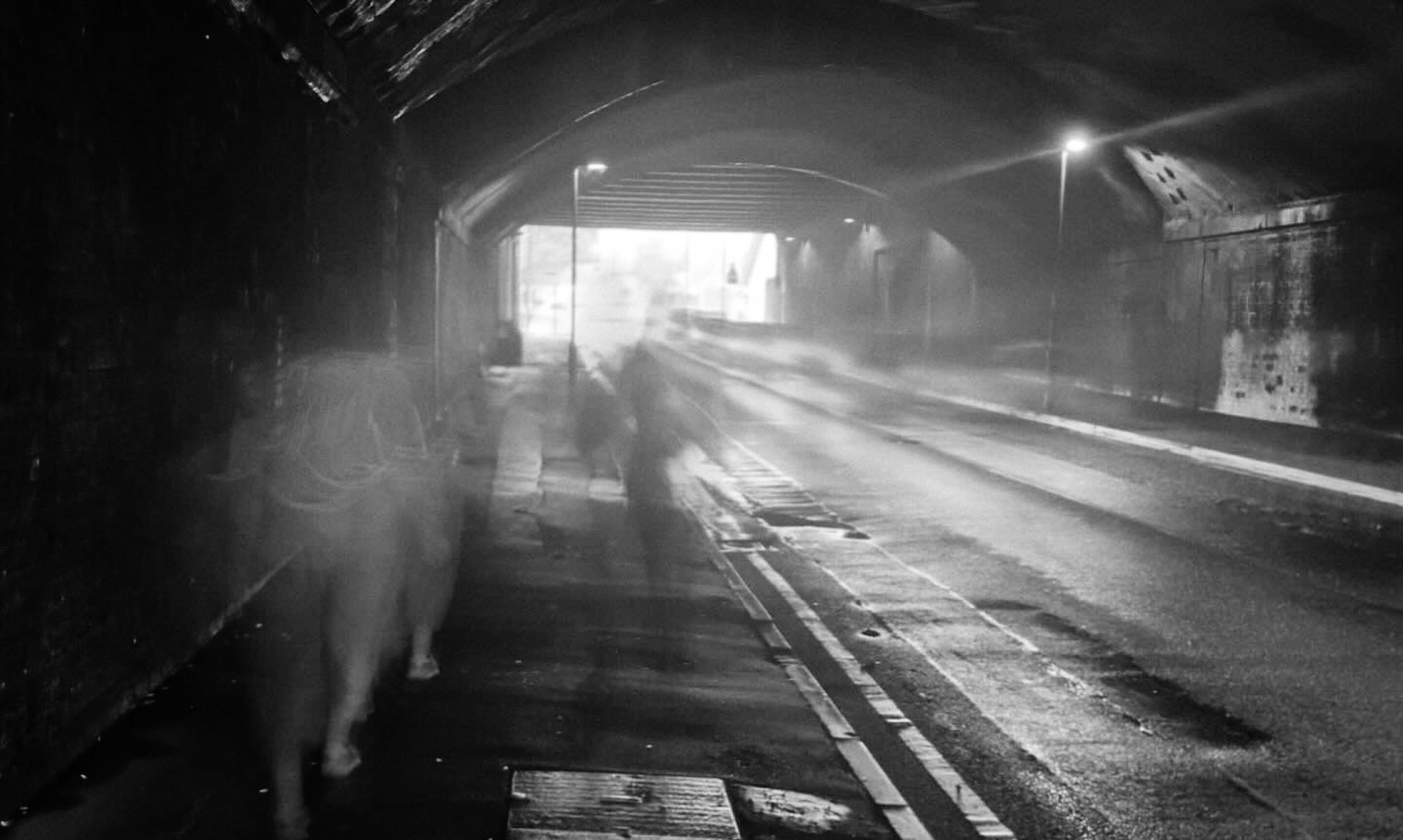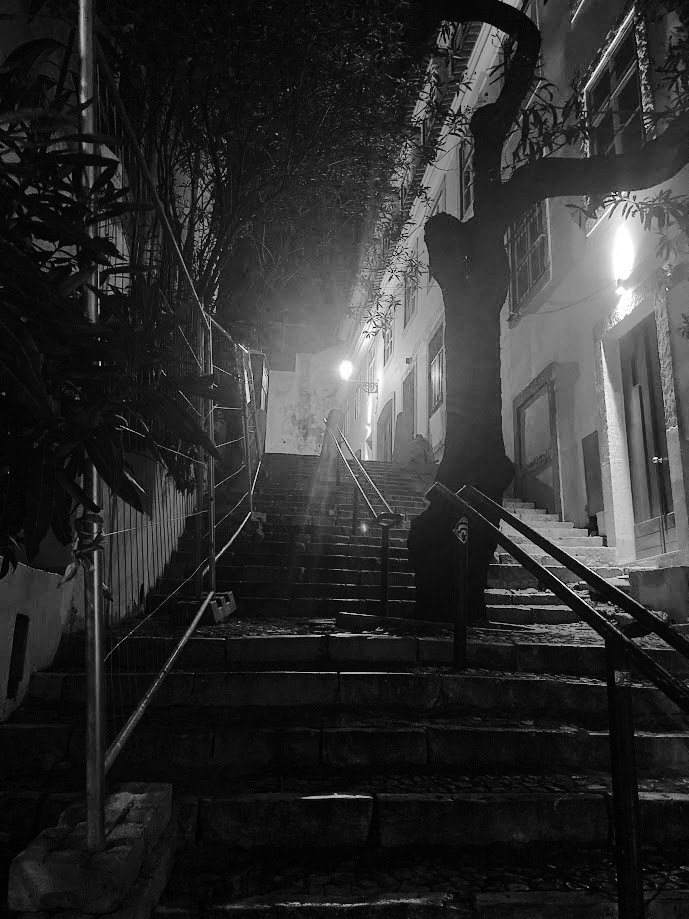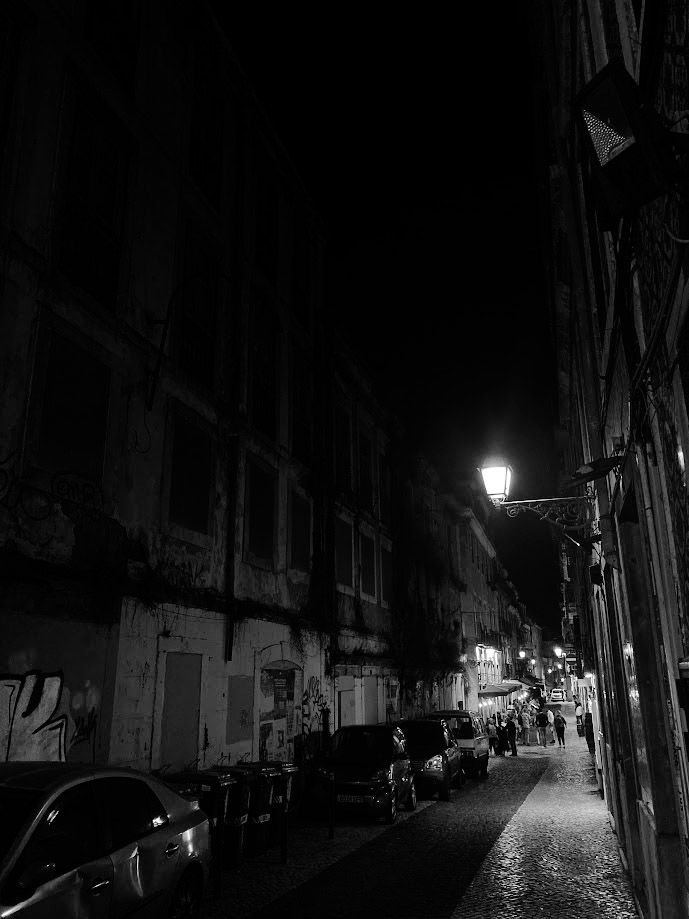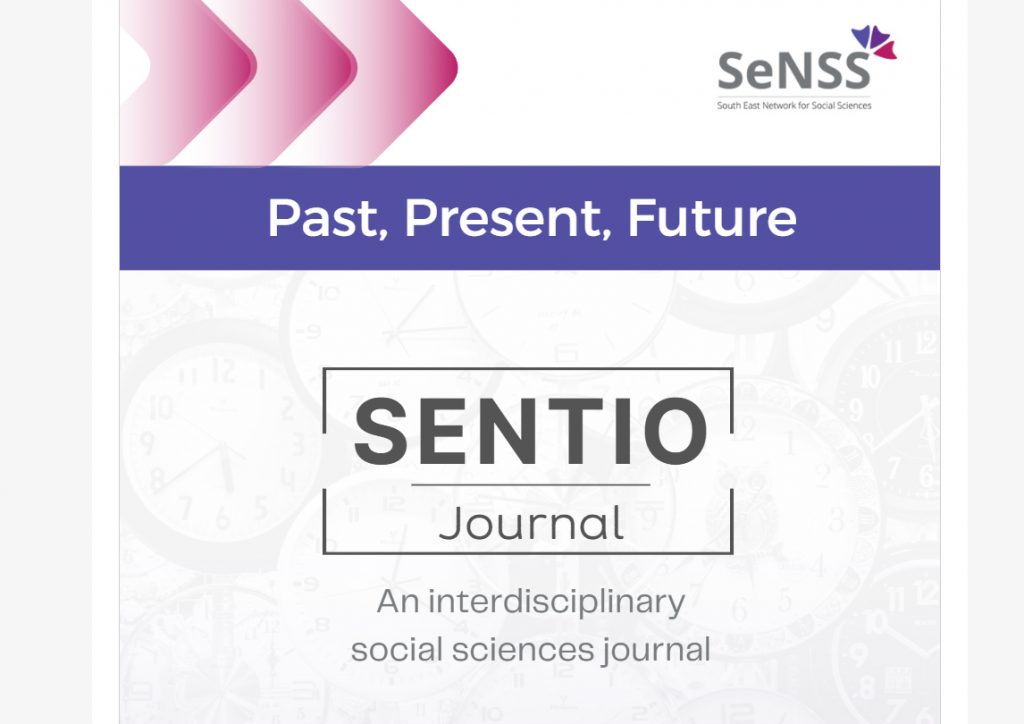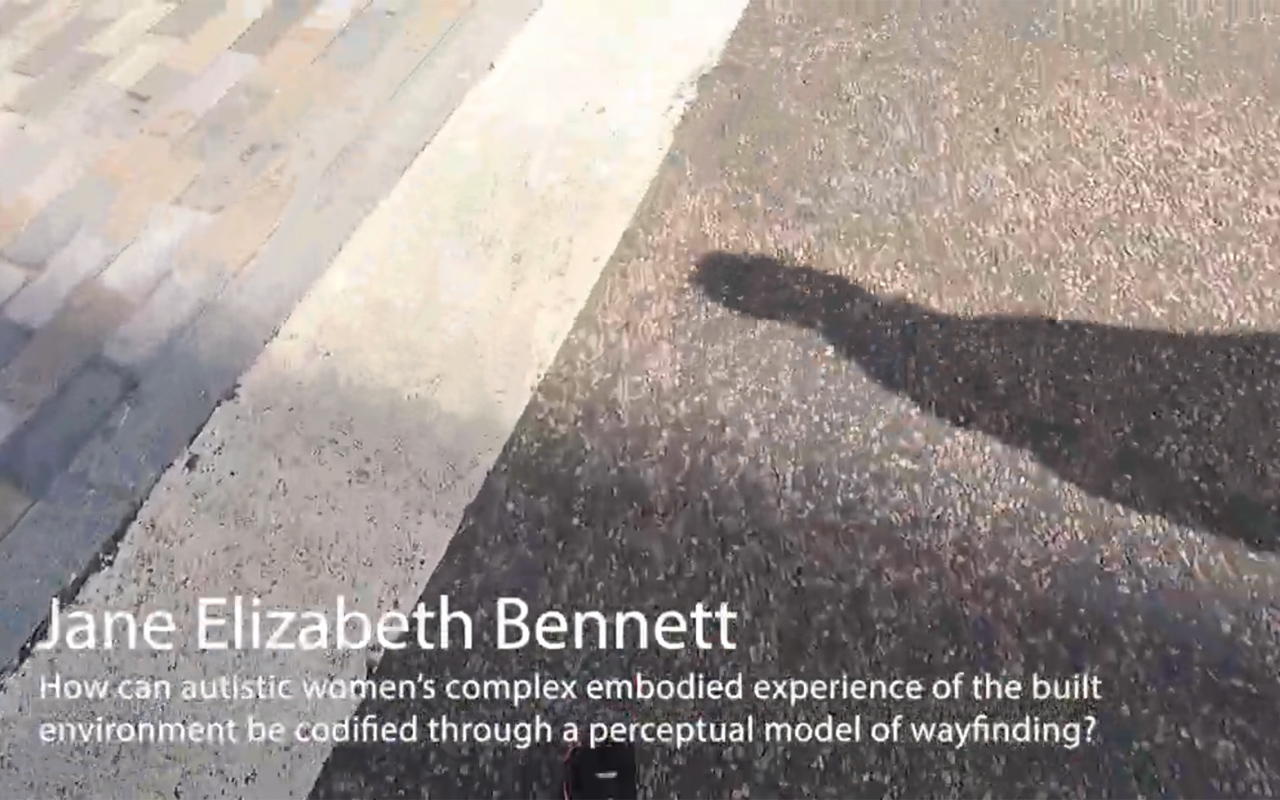I presented my first co-authored systematic review of Neurodivergent Sensory Experiences at the 5th International Congress of City Ambiences in Lisbon. The paper will be published in full in 2025, but I wanted to publish an accessible introduction here first!
This blog is interspersed with my photography of Manchester, taken whilst walking and exploring with my co-author, Dr Carolina Vasilikou.
Walking through a city—whether it’s commuting to work, attending classes, or meeting friends—becomes more than just a mode of transport; it’s a daily rhythm that connects us to our surroundings. However, for neurodivergent individuals, whose sensory experiences can differ from the typical, moving through urban spaces can be more complex.
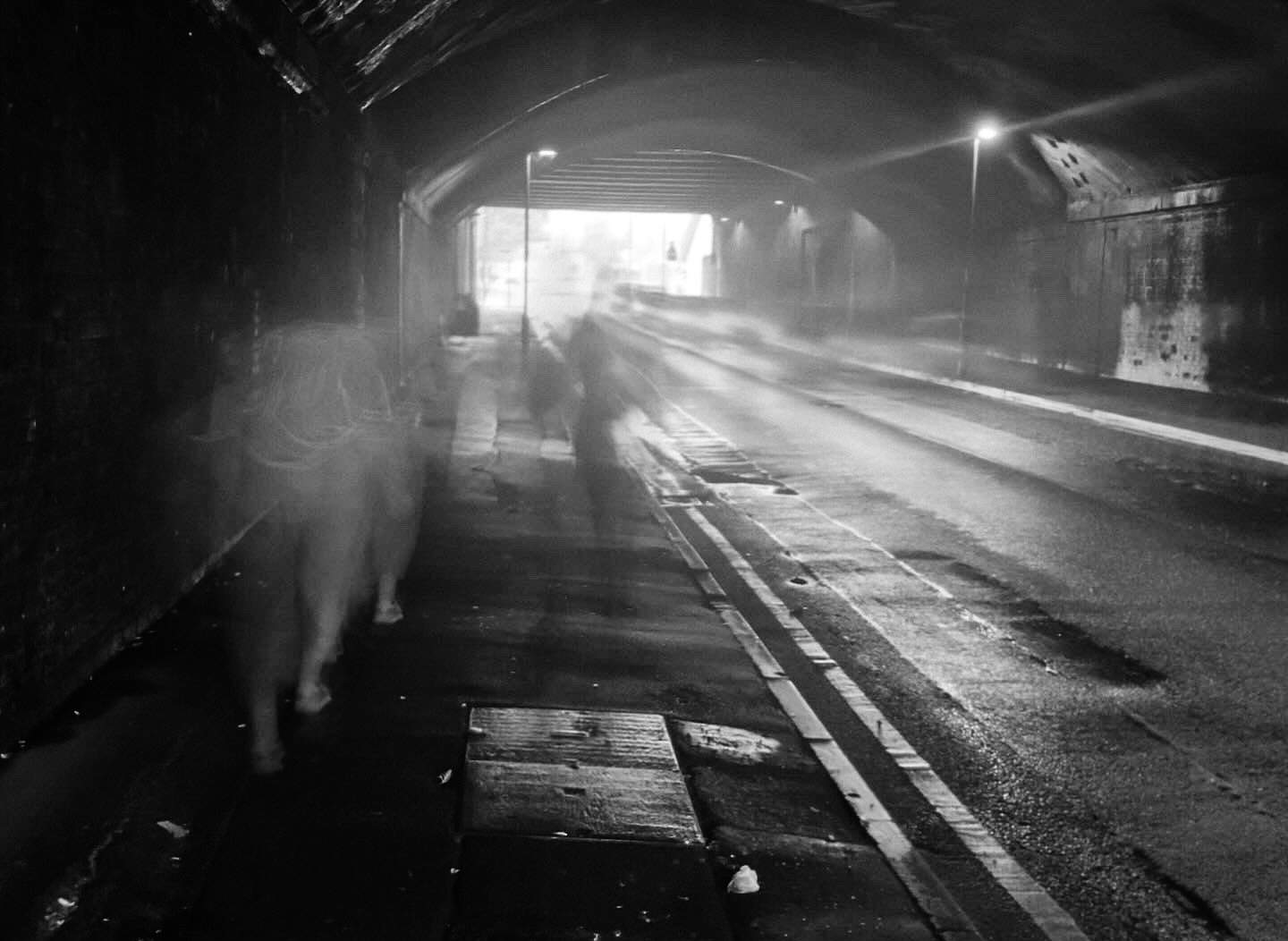 Ambience 2024, Bridge
Ambience 2024, Bridge
While there’s increasing awareness around designing indoor environments to support neurodivergent needs, outdoor urban spaces have received less attention. A 2023 report from Autistica highlighted how neurodivergent needs are often overlooked, and urban design standards still lack guidelines for accommodating sensory sensitivities. We know that sensory differences are a key part of neurodiverse experiences, so we’re shifting the focus: rather than asking why neurodivergent sensory experiences are different, we want to understand how these experiences interact with the urban environment.
Continue reading “Exploring the City Through Neurodivergent Sensory Experiences”
